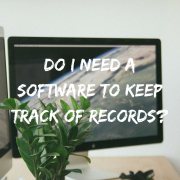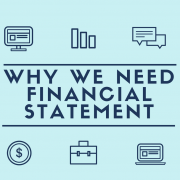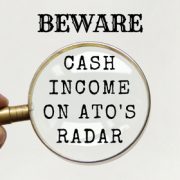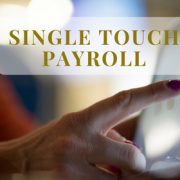Why bookkeeping is important? – by Brenda
What is bookkeeping?
Bookkeeping is the process of recording, organising and reporting financial transactions of an organisation on a daily basis. It may be your least favourite business matter to handle, however, it plays an important role. It is the initial step in alleviating the growth of your business by showing your business performance and financial status.
The Importance
1. Financial Management & Analysis
Good bookkeeping ensures that you able to manage and evaluate your cash flow through an organised system. It also allows you to keep track on invoices owed to you and make timely payments. Delaying your invoices or payments may lead to business failure thus proper bookkeeping is necessary for the smooth running of the business.
2. Tax Obligations
You can easily file your tax returns if you do proper bookkeeping. You do not need to go through the trouble of looking for bills and documents of expenses because they are properly recorded in the financial statement. When you visit your tax advisor next time, you can use the time to obtain better tax advice instead of fixing the incorrect entries in your financial statements.
3. Easier Reporting to Investors
In order to attract more investment into your business, you need to attract the investors. You can present to the investors the development your business and its current and prospective position by accurate bookkeeping. Infographics, charts and graphs can be easily presented by obtaining all information from the book of accounts. The investors are able to able to understand your plans and increase the likelihood of receiving more investment by clearly stating where expenses are required to boost the business. Bookkeeping also helps ease your annual report to current business investors.
4. Business Planning
The Balance Sheet and Profit & Loss statements keeps your business’s finance in check that it is on the right track so that business planning is easier and more effective. Based on evaluation of your business’s current position, you can make sound decisions for your business’s future. It helps the business secure funds and save it from unexpected circumstances such as heavy tax payment or future investments.
5. Audit Protection
Bookkeeping helps you keep track on your business financial transactions. You can easily retrieve information easily during auditing with a well organised system. Moreover, the Australian Government requires you to keep proper records to ensure that everyone is honest.
6. Saves Time and Money
Proper bookkeeping allows you to easily identify the expenses that the business has been spent on. When doing your tax return, you can avoid the hassle and easily claim the amount you are entitled to. Consequently, you will save time and money to help your business grow.
Therefore, bookkeeping helps in leading the success and smooth running of your business. Proper bookkeeping saves your time and money by easing your way through tasks such as reporting to investors, business planning, filing your tax return and providing evidence during auditing.
If you require any advice or need to hire an accountant, don’t hesitate to contact us at Simpro Taxation Services.








